I find myself thinking about what kind of connection I want to have with nature after we finish this 2.5 year walk—whether or not strolling through my favorite park in Barcelona will offer me enough of the nature I now crave.
It’s a hot June day in rural Greece. We stop in a run-down gas station on a small secondary road cutting through wheat fields on both sides. We wipe the sweat from our brows.
The gas station attendant opens the refrigerator and pulls out a crate of cherries. “Take what you want,” he says, placing the crate in front of us. “I picked these this morning.”
“Thank you. How many cherry trees do you have?” I ask, expecting him to say he has a handful in his backyard in the village I see on the horizon.
“I have 5,000 cherry trees. I’m a cherry farmer. I work here [at the gas station] for extra money,” he replies in well-spoken English.
“5,000. Five, zero, zero, zero?” I say in disbelief, confirming that I heard right.
The gas station attendant, a tall guy in his early thirties, nods, “Yes, five, zero, zero, zero.”
To read more in this series, click here.
“It’s not easy, but it’s a better life,” he adds, shrugging his shoulders. “I was out picking cherries at 5am with my wife, and then came here for the afternoon-overnight shift.”
It’s a story I have heard several times on this Asia-to-Europe walking journey. It’s the story of college-educated young and middle-age people giving up urban living in big cities, returning to their rural ancestral roots, taking work that usually pays less, and finding ways to connect with the natural world far from streets filled with asphalt and concrete. They are setting up a new life in the small towns and villages their parents and grandparents left decades ago for better paying jobs in cities such as Athens, Thessaloniki, Istanbul, Antalya, and Tehran.
The cherry farmer-gas station attendant’s change-of-life story reminds me of similar conversations I had several months ago in Iran and Turkey.
In Iran, we met a couple in their forties who left their hometown of Tehran for the same reasons. The capital city was becoming too stressful. The husband accepted a water conservation engineering job in a less-urban area near the Caspian Sea, and he and his wife now spend most of their free time taking care of their several dozen peach, nectarine, cherry and orange trees and rose bushes. Their smiling faces and the affection they openly give to their trees and the fruit they pick makes me think they made a good decision.
A walking companion I met on one of Turkey’s long-distance trails told me about his university friend who earned a degree in Japanese. After graduation, the friend took a job with an international company in Istanbul where his Japanese language skills came in handy. But, a few years into the demanding routine that comes with working for a company that has a follow-the-sun schedule, the friend decided to quit his good-paying city job, return to his grandparents’ village and work in their olive grove. He is now using his Japanese and business skills to start exporting olives and olive oil to Japan, my walking companion told me.
Then there was the man who left Antalya, Turkey, spent five years restoring his grandfather’s abandoned, nearly ruined property in an isolated area far from any city, and converted it into a completely self-sufficient house and guesthouse, where he relies on rain water and solar energy to grow his own food and live a quiet life. We spoke for some time about the world’s political and economic situation, the importance of self-sustainability within an interdependent global community, and the joy of being and living in open, green spaces. His intellect may be missed in a corporate, urban setting, but his determination to be connected to the land struck me as meaningful work.
Gravitating towards the green spaces
The city-turned-farm people I am meeting along the way aren’t the only ones gravitating towards green spaces out-of-city boundaries.
Although, statistically speaking, more people globally are flocking to cities all over the world for greater economic opportunities and quality of life improvements, there are reports of people trading in the city life for the farm land. I’m wondering if soon I will be one of them.
A November 2017 article in Washington Post, for instance, speaks to the trend of some people leaving their desk jobs in cities to have a tangible, immediate impact on society by producing organic food and helping to create small, sustainable farms.
The new generation of farmers I am meeting along our way has me considering my own relationship with cities and the land I long to touch.
While I have lived in cities all of my 46 years and we have chosen a walking route that links us to cities for the practical purpose of restocking food and water supplies, an unexpected result of walking and being outdoors for the better part of 2.5 years is my shifting perspective of cities and the quality of life they foster. For the first time, I feel myself cringe when I see a distant skyline of tall buildings and notice the increased traffic as we approach city limits. Instead of the excitement I used to have for being part of the bustle of urban hubs, lately, I want to hurry through the crowded streets and get back to the smaller roads where there are more tractors than cars.
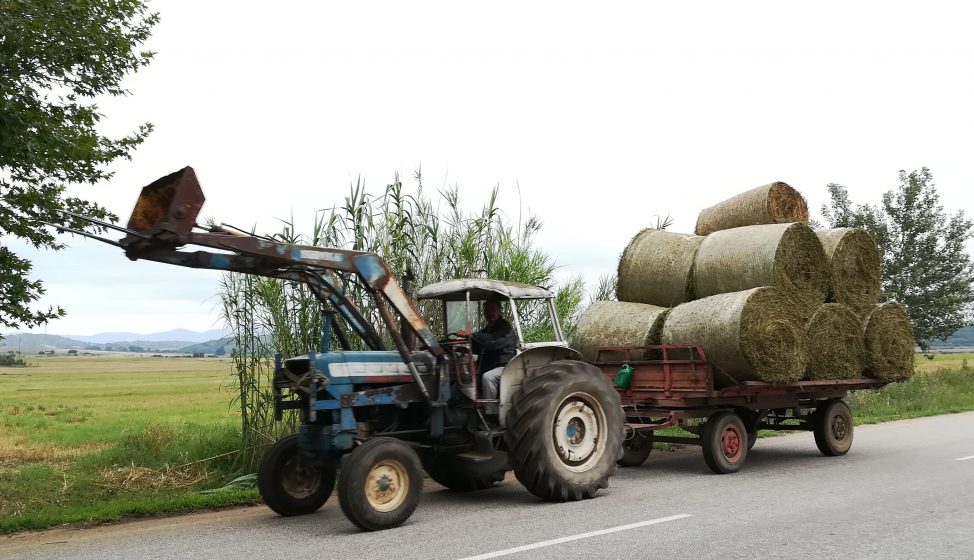
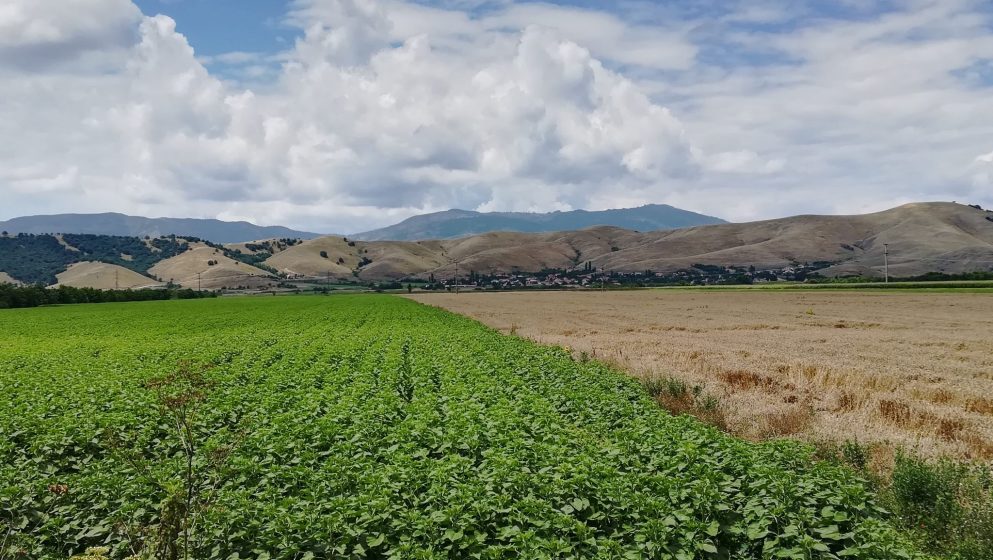
Having stepped through mountain forests and besides wheat fields, rice paddies and kilometers of hazelnut trees and tasted the goodness of eggs laid by free-range hens, home-grown, pesticide-free tomatoes and juicy fruit picked moments ago from trees tended to with much love, I find myself thinking about what kind of connection I want to have with nature after we finish this walk.
I think about whether or not strolling through my favorite park in Barcelona will offer me enough of the nature I now crave. I don’t know if I want to readjust my ears to the noise of honking cars, garbage trucks and people having a late-night gathering on the benches below my bedroom window. I have come to enjoy too much the symphony of birds, crickets and frogs, sounds noticeably missing from in the urban spaces I have previously called home. I doubt I will have the patience to be a new-generation farmer, committed to toiling the land day in and day out, but the idea of getting my hands in the dirt and growing my own food has already taken seed inside my heart.
As the road continues to rise up before us, the question of whether we, too, will leave behind our city, Barcelona, for a life with easier access to nature, green spaces and land we can use to feed ourselves comes up with increasing frequency. Could we find a life we love away from cities in the villages where my or Lluís’ grandparents’ once lived? It’s a talking point for us during the long rural stretches where we only hear our own earth-crunching footsteps. And, like all of our walk, it’s a mystery revealing more of ourselves with each kilometer we pass.
Jenn Baljko
Bangkok to Barcelona

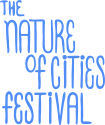
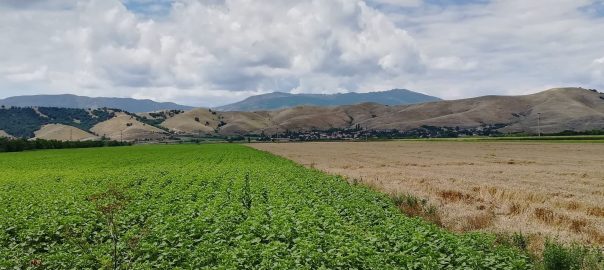
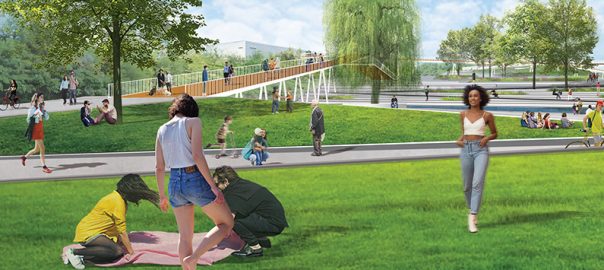
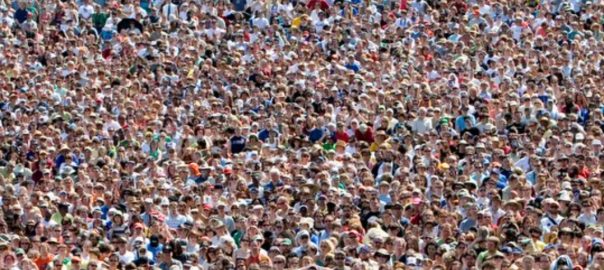
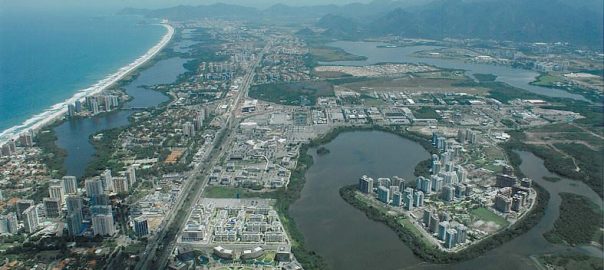
Leave a Reply